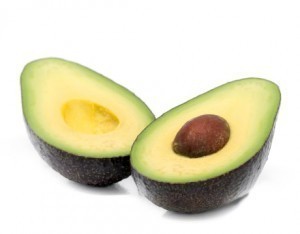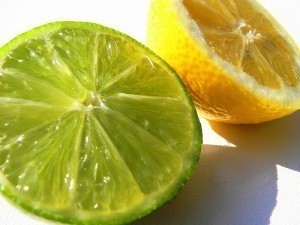Orange Sizes
Also known as the Citrus sinensis, an orange is a fruit that is  commonly cultivated in various countries including Pakistan and Egypt. The top three countries producing this fruit are Brazil, the United States and Mexico. The species has different variations like the Valencia orange, the Persian orange and the Navel orange. The Valencia orange is a common fruit used for serving beverages that are rich in vitamin C. The Persian orange is originally bitter but Portuguese traders brought sweet variation of this orange in Europe in the 11th century. The Navel orange is grown by grafting and cutting. To know more about the fruit, let us learn the different orange sizes.
commonly cultivated in various countries including Pakistan and Egypt. The top three countries producing this fruit are Brazil, the United States and Mexico. The species has different variations like the Valencia orange, the Persian orange and the Navel orange. The Valencia orange is a common fruit used for serving beverages that are rich in vitamin C. The Persian orange is originally bitter but Portuguese traders brought sweet variation of this orange in Europe in the 11th century. The Navel orange is grown by grafting and cutting. To know more about the fruit, let us learn the different orange sizes.
The Sizes of Orange
Orange varieties have different sizes. The environmental conditions where the trees are planted also affect the size of the fruits. However, the diameter of the fruits usually ranges from two inches to three inches. The height of the trees is approximately 10 meters. The leaves of the plant are four centimeters to 10 centimeters long. Like other citrus fruits, oranges have various health benefits.
Additional Information and Other Important Details
An orange that weighs 100 grams contain 11.54 grams of carbohydrates. The carbohydrates are consisted of special compounds as well as 9.14 grams sugars and 2.4 grams dietary fiber. In addition to this, the fruit contains .21 grams fats and .70 grams proteins. Other nutrients and vitamins that are present in the fruit are thiamine, riboflavin, niacin, vitamin B6 and folate. Moreover, it is rich in calcium, iron, magnesium, phosphorus, potassium and zinc.
The fruit has various phytonutrient compounds like citrus flavanones, which act as antioxidants. Since it has antioxidants, people can include this in their daily diet if they want to prevent the risk of cancer and slow down the development of the signs of aging. In addition to this, the high content of vitamin C is important to prevent the risk of colon cancer.
The fruit is also helpful in preventing and treating different cardiovascular diseases like cardiac arrhythmias, stroke and high blood pressure. Since it has flavonoids, these compounds combat the usual causes of inflammation, tumor development and abnormal blood clotting process.
The citrus fruit has sufficient dietary fiber content, which is helpful in treating digestive disorders like chronic and acute constipation. Additionally, the fiber is important to regulate the blood sugar levels. Moreover, the amount of dietary fiber present in the fruit is sufficient to prevent the etiology or development of diabetes.





